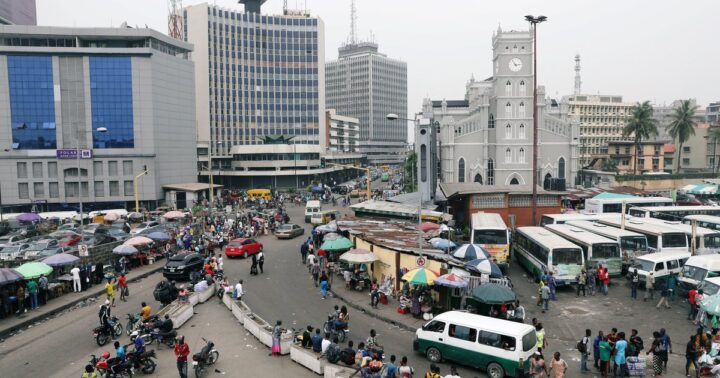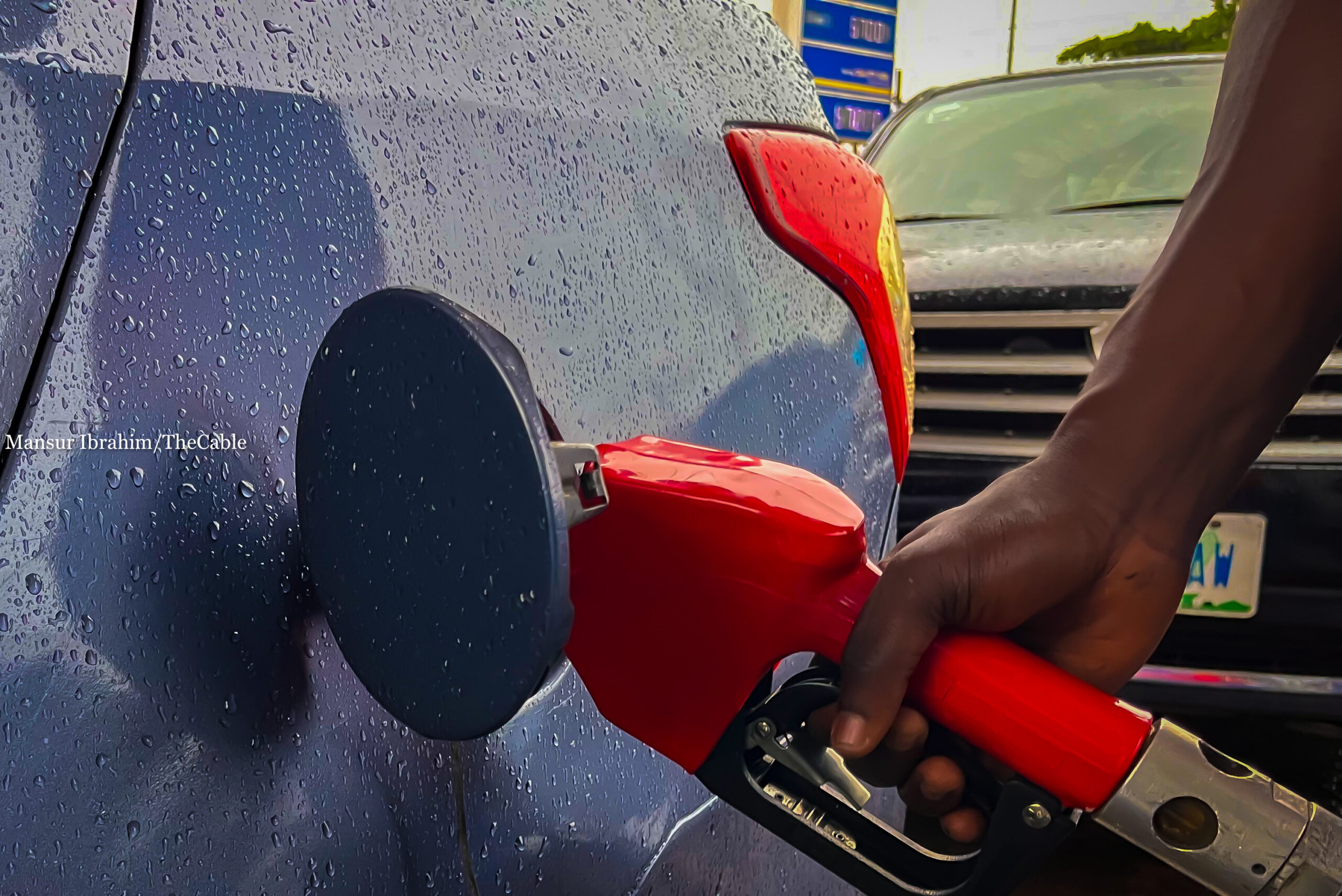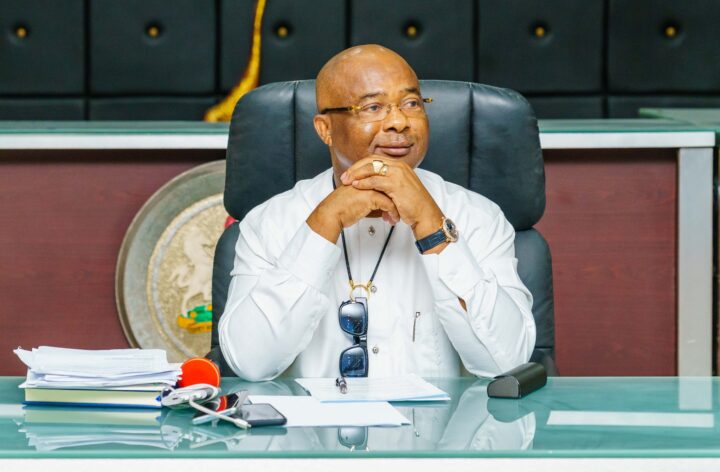BY SALEH SHEHU ASHAKA
Time for a Reckoning as Nigerians, we find ourselves at a crossroads, grappling with the economic realities that come with our vast potential but limited fiscal capacity. Recent discussions have centered around the Buhari administration’s borrowing practices, alleged to surpass the combined foreign debts of the Obasanjo, Yar’adua, and Jonathan administrations.
This trend has raised eyebrows, particularly as it seems to stem from a refusal to implement crucial economic reforms—namely, floating the Naira and phasing out fuel subsidies. The implications of continued borrowing are stark. If we persist on this trajectory, we risk diminishing the Naira’s value until it becomes as worthless as toilet paper. This situation transcends political affiliations; the economic fundamentals remain unchanged regardless of who occupies Aso Rock.
A significant point of concern is the overwhelming sense of entitlement that pervades our society. Our gross domestic product (GDP) reveals a troubling statistic: only 8% of it comes from taxpayers, one of the lowest ratios globally. In contrast, countries like the United Kingdom, the United States, Canada, and Germany derive about 36% of their GDP from taxation. This disparity raises a critical question: how can we expect our government to provide services comparable to those in these nations when we contribute so little?
The reality is stark: Nigeria lacks the oil revenue needed to sustain the needs of a population exceeding 220 million, with less than 10% actively contributing to the tax base. There exists a pervasive mentality among many Nigerians that the state should bear the cost of living; however, this mindset overlooks a fundamental truth: the state itself must derive its means from the population. Without adequate tax revenue, the government faces limited options: it can either borrow or resort to printing more money. The consequence? A devalued Naira and increased costs of living—essentially a hidden tax borne by all citizens.
Advertisement
It is essential to recognize that while critiques of the government are necessary and democratic, some criticisms stem from partisan perspectives rather than genuine concern for national welfare. Discontent often arises not from policy failures themselves, but rather from a disappointment that one’s preferred candidate is no longer in power. This cyclical critique clouds our ability to engage constructively with our economic challenges.
What Nigeria requires now is a shift in mindset. We must move away from an entitlement mentality toward a culture that prioritizes fiscal responsibility, accountability, and active citizenship. Encouraging a broader tax base by promoting compliance and integrating more of our population into the formal economy is essential. Only then can we work toward sustainable solutions that benefit everyone.
We stand at a pivotal moment in our history. The decisions made now will affect generations to come. It is time for us to collectively embrace the change necessary for true progress.
Advertisement
Views expressed by contributors are strictly personal and not of TheCable.
Add a comment







